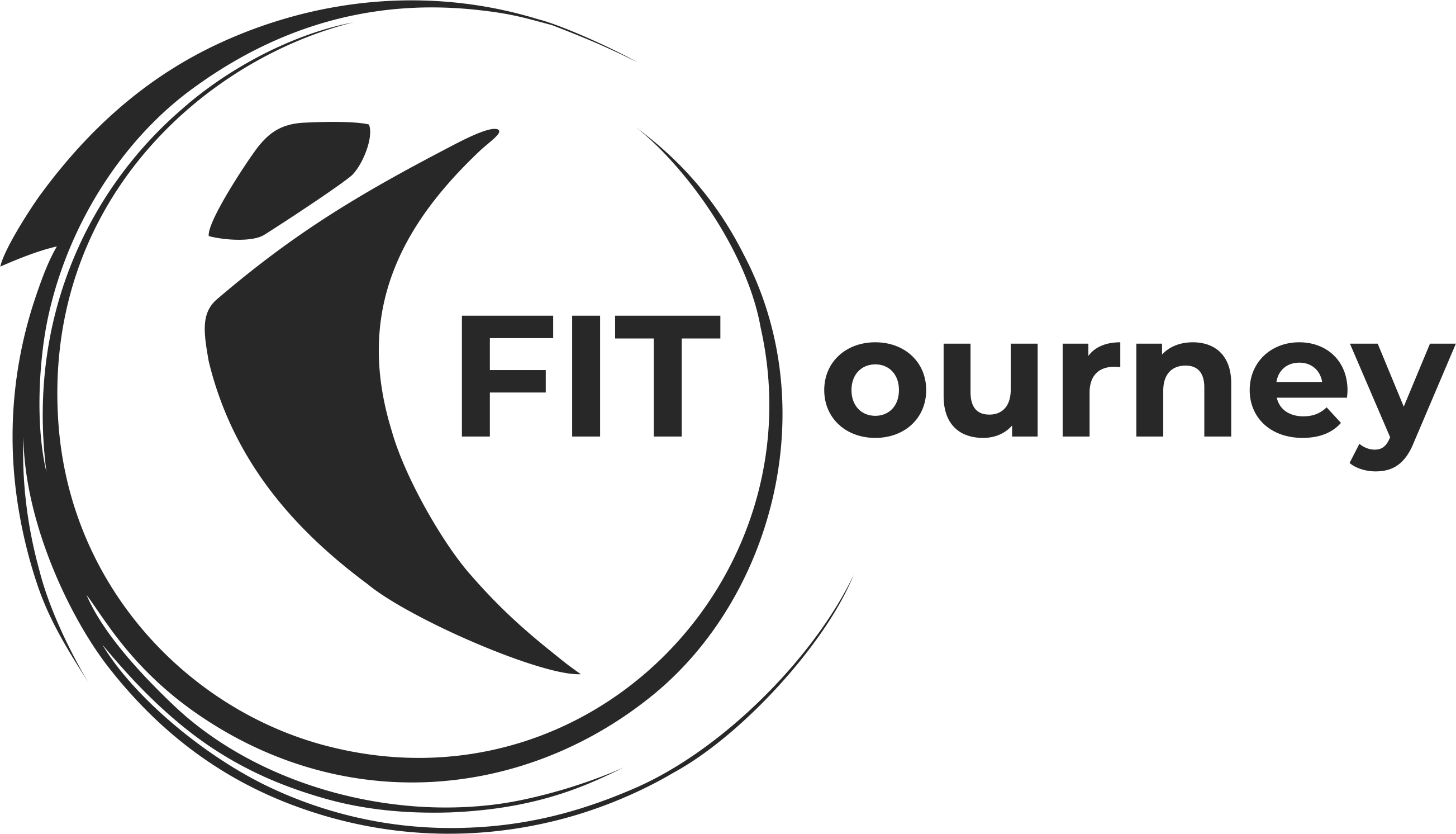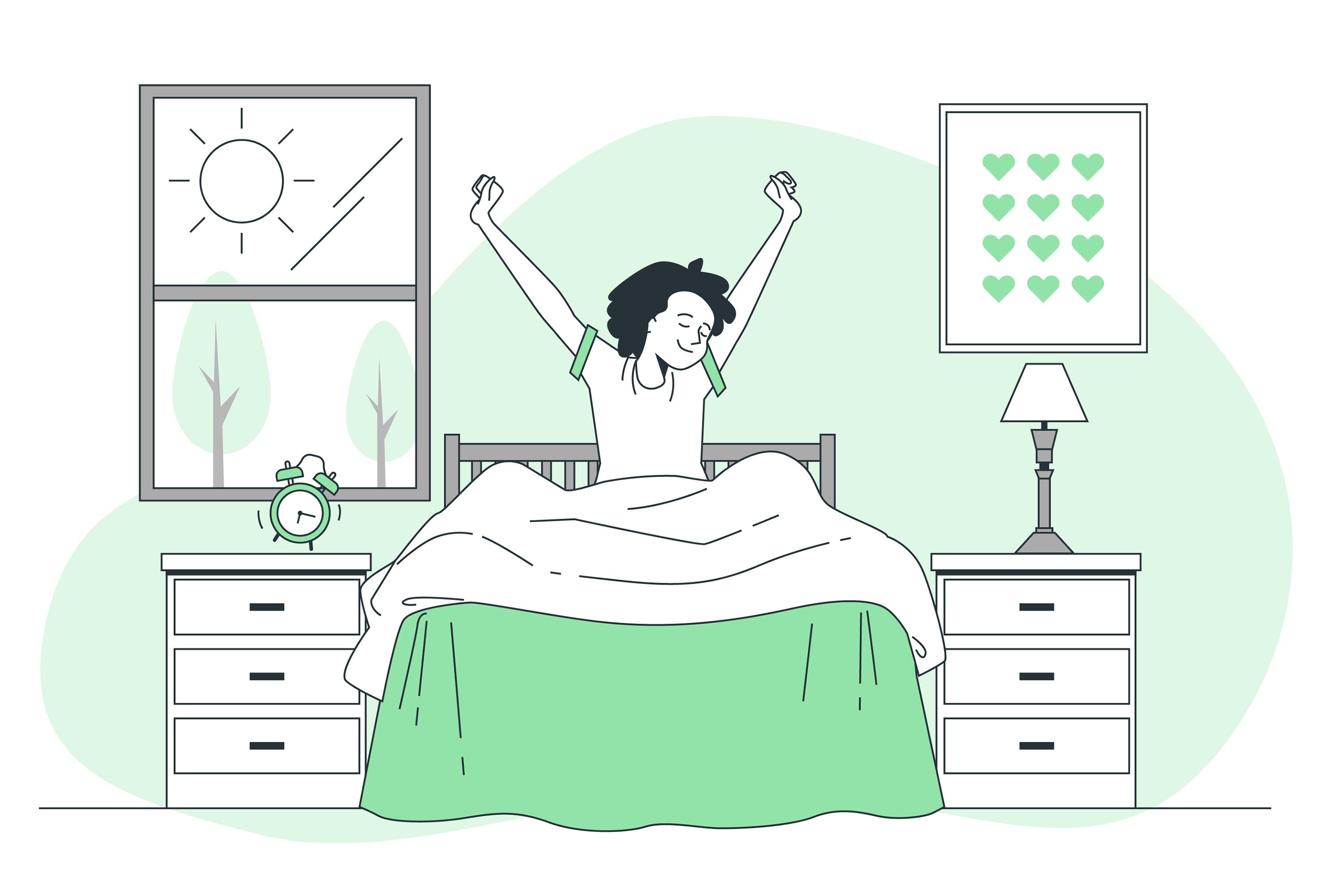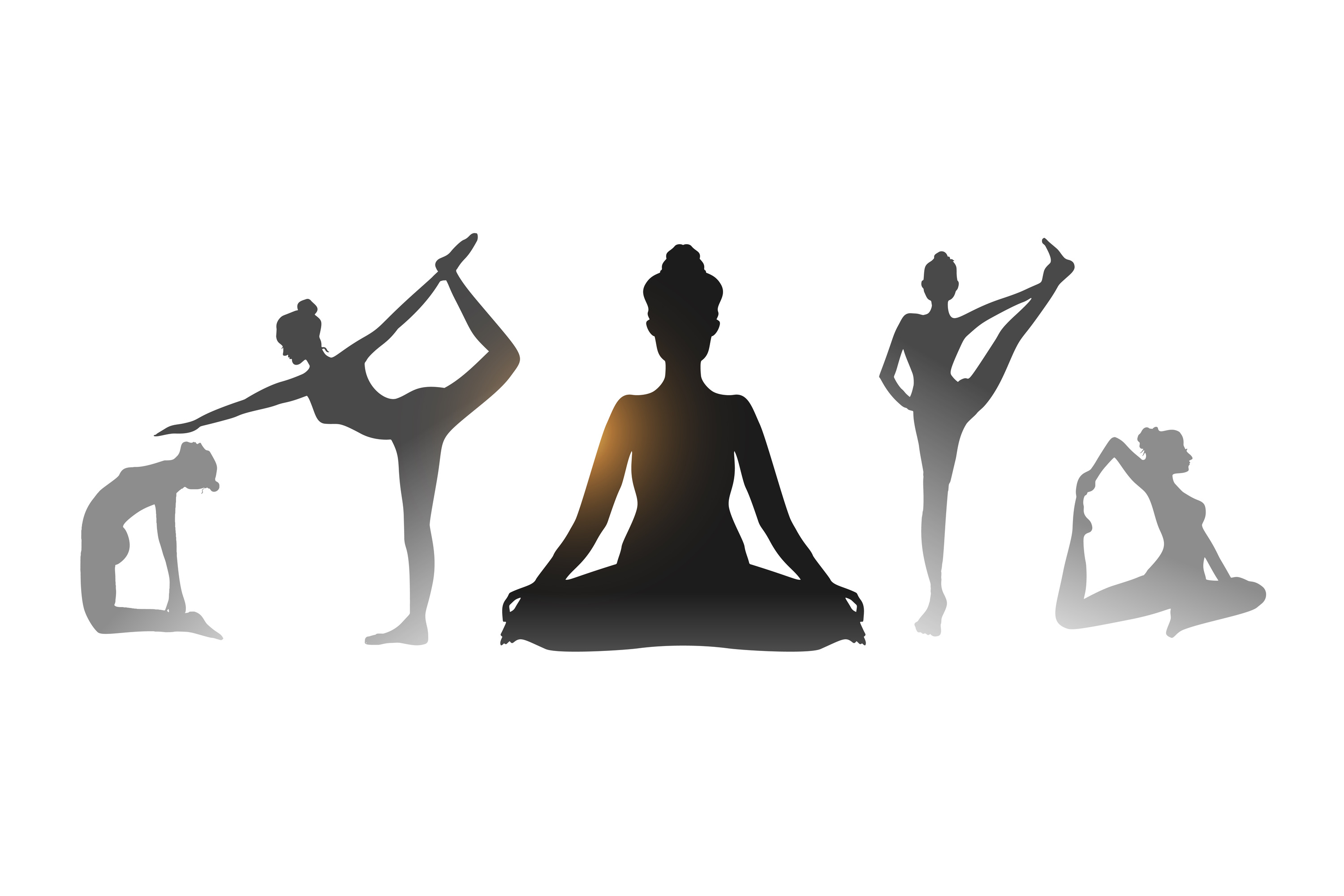Having trouble deciding whether to nap or not?
The idea of napping might be appealing if you are sleep-deprived or simply looking to relax. However, taking a nap at the wrong time of day or for too long could potentially be detrimental to your entire day.
Here we discuss the various benefits and drawbacks of good naps, plus how you should take a nap that leaves you feeling fully refreshed.
Benefits of napping
Napping provides several benefits for a healthy life:
- Relaxation
- Elevates mood
- Reduced tiredness and fatigue
- Improves performance
- Improved memory
- Better cognition
Drawbacks of napping
While napping is considered good for several beneficial reasons, it is not the same with everyone. Some people may find it difficult to sleep during the day. Napping can also have negative effects, such as:
- Sleep inertia (feeling groggy and disoriented after waking up)
- Night sleep problem
- Sleep disorder
When to take a nap?
You may need a nap if:
- Feel fatigued and exhaust
- Feel sleepiness
- Feel sleep loss due to long hours of work
How you can keep a nap, healthy?
A nap could be beneficial or counterproductive for different individuals. To get the most out of a nap, follow these tips:
Keep your nap short: A short nap of around 30-45 minutes could be healthy, as it will not make you feel groggy afterwards.
Time does matter: Napping after 3 pm could lead you to a sleepless night. It interferes with your nighttime sleep.
Restful environment: It is important to keep the surrounding environment calm and blissful.
Conclusion
Naps are good for our mental health, they make us more productive, and may even benefit our immunity. However, it is important to keep it shorter and sweeter to wake up with energy and a clearer head.




